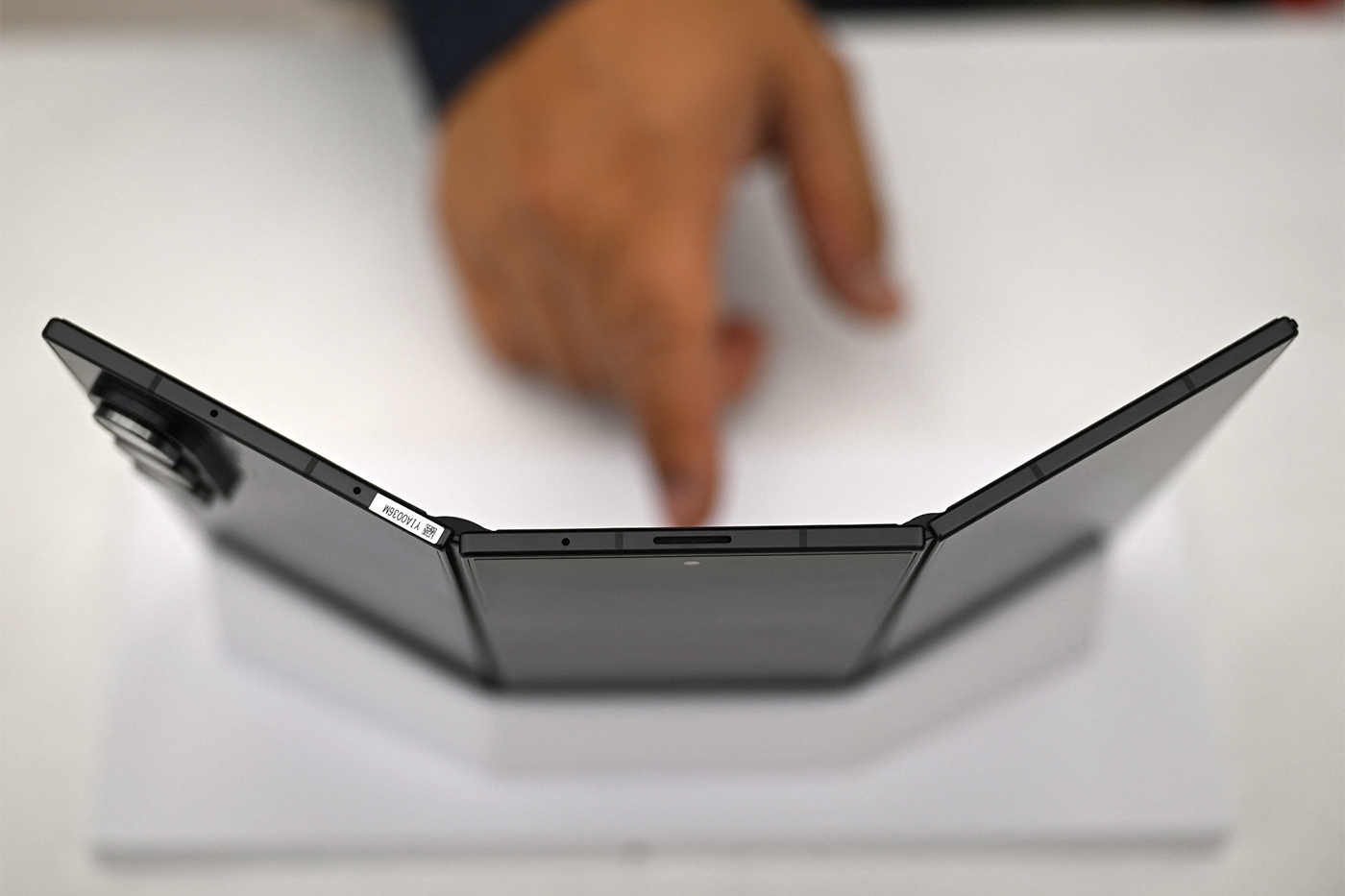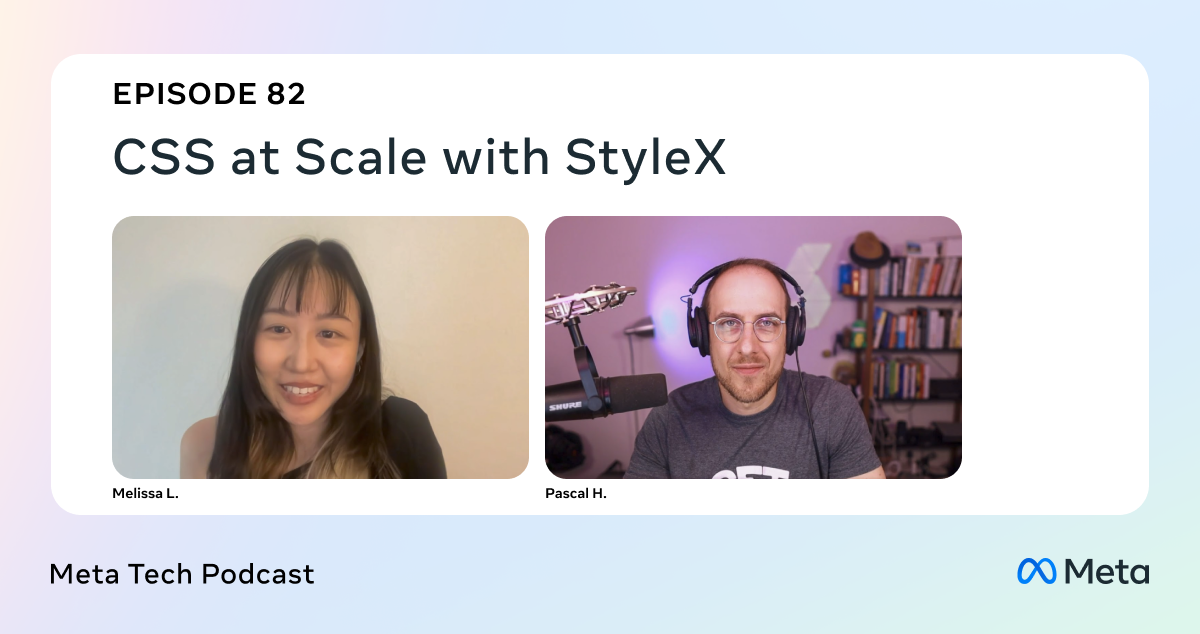The special Lego sets commemorate Pokémon’s 30th anniversary, which takes place in February 2026.
It’s a great day to be a Lego or Pokémon fan and even better if you’re both. Ahead of Pokémon’s 30th anniversary, the two iconic toy brands are…

It’s a great day to be a Lego or Pokémon fan and even better if you’re both. Ahead of Pokémon’s 30th anniversary, the two iconic toy brands are…

What if you could put a 10-inch tablet in your pocket as easily as your smartphone?
That’s no longer just a tech enthusiast’s dream.
At the Consumer Electronics Show in Las Vegas last week, Samsung showed off the Galaxy Z…

A long-standing mystery in vertebrate evolution — why most major fish lineages appear suddenly in the fossil record tens of millions of years after their presumed origins — is tied to the Late Ordovician mass extinction (LOME), according…

By Myra P. Saefong
The rally in precious metals isn’t just about Trump and the Fed
Gold topped $4,600 an ounce and silver rose above $86 on Monday, for the first time on record.
Stock-market moves took a back seat to the metals market once again on Monday morning as investors added even more exposure to haven assets, lifting both gold and silver to never-before-seen heights.
The moves for the metals after another tumultuous weekend for news headlines tied to President Donald Trump and the Federal Reserve’s independence, as well as to growing tensions in Iran, Venezuela and Greenland, show that a commodities “supercycle” is “firmly intact.”
Monday’s rallies in gold and silver were being credited to pressure by the Trump administration on Fed Chair Jerome Powell, but both precious metals would likely have seen a big move higher regardless of that, said Brien Lundin, editor of the Gold Newsletter.
“The price action last week in not only the monetary metals of gold and silver but also base metals and commodities across the board confirmed that the commodity supercycle is firmly intact,” he told MarketWatch. A supercycle is seen as period of sustained price increases – and gold and silver together have posted particularly strong gains in the last two years.
Read: Stocks are signaling that another commodities ‘supercycle’ is afoot in 2026
Gold, silver hit new records
On Comex Monday, gold for February delivery (GC00) (GCG26) traded 2.9% higher at $4,631.20 an ounce after touching a record high of $4,638.20, while March silver (SI00) (SIH26) was at $85.55 an ounce, up 7.8%, after a high of $85.845, the highest on record. Most-active gold futures have more than doubled over in the past three calendar years of consecutive gains, while silver has more than tripled during its four straight years of gains.
That contrasts with the Dow Jones Industrial Average’s DJIA drop of about 0.2% to 49,418 in Monday dealings.
The Justice Department served the Fed with grand jury subpoenas on Friday, and Powell said Sunday that the move threatened an “unprecedented” criminal indictment against him that could undermine the central bank’s independence and credibility.
Edward Meir, analyst at Marex, said the latest “back-and-forth illustrates the nervousness investors feel about any intimidating tactics being lodged against the Fed’s independence,” but added that the reaction might have been worse if Powell’s term as chair wasn’t already ending in May.
Read: Why the market is more sensitive to this latest showdown between Trump and Fed chief Jerome Powell
“Few gold or silver bugs will have much love for unelected central bankers setting the cost of money by committee, rather than letting the market decide interest rates,” said Adrian Ash, director of BullionVault.com.
He said that “by calling in the cops to attack Fed independence, the Trump administration has confirmed that the debasement trade is alive and kicking in 2026.”
Read: The so-called great debasement trade is back on as gold sets fresh record, says this strategist
This also “tells whoever gets the job of Fed chair in May that they will need to cut rates even if inflation rises,” Ash told MarketWatch.
Venezuela, Iran and oil prices
Trump’s clash with the Fed over interest rates isn’t the only issue contributing to record highs for gold and silver. Geopolitics have played a large part in that rally, too.
Gold remains well supported by ongoing geopolitical risks, said Fawad Razaqzada, market analyst for global macroeconomics at Forex.com.
“The latest flare-up involving Iran has reintroduced a fresh layer of uncertainty,” he wrote in emailed commentary. Anti-government protests in Iran have reportedly led to more than 500 deaths. “The key risk is the prospects of renewed U.S. involvement in the region,” said Razaqzada.
Elsewhere, developments in Venezuela and renewed focus on Greenland “serve as timely reminders that geopolitical shocks can re-emerge quickly and with little warning,” he said. “Against that backdrop, safe-haven demand is likely to remain intact until tensions in Iran cool and greater clarity emerges around these broader geopolitical flashpoints, keeping the near-term gold forecast positive.”
Read: Trump’s new prediction for ‘massive wealth’ from Venezuelan oil may take a while to play out
For now, it’s difficult to say where prices for gold and silver may go from here, Marex’s Meir said, given that there are “no resistance signposts on the charts.”
However, the next logical psychological targets are $5,000 an ounce on gold and $100 an ounce on silver – “both of which we think are attainable over the next few months,” Meir said.
As for what could possibly knock gold “off its perch,” Meir said, “perhaps a ‘successful’ resolution to Venezuela and Iran, whereby oil from both countries starts flowing more freely under new regimes, could reassure the markets by lowering crude prices and inflation.”
Prices for West Texas Intermediate crude (CL.1) were up about 0.2% Monday to around $59.26 a barrel, but the U.S. benchmark was down more than 14% from a year ago, according to FactSet.
-Myra P. Saefong
This content was created by MarketWatch, which is operated by Dow Jones & Co. MarketWatch is published independently from Dow Jones Newswires and The Wall Street Journal.
(END) Dow Jones Newswires
01-12-26 1337ET
Copyright (c) 2026 Dow Jones & Company, Inc.

Build a large enough website with a large enough codebase, and you’ll eventually find that CSS presents challenges at scale. It’s no different at Meta, which is why we open-sourced StyleX, a solution for CSS at scale. StyleX combines the…
Blood clots don’t always appear where you expect them. Beyond the legs and lungs, blood clots can also occur in less common areas of the body. These unusual clot locations can lead to delayed treatment,…

As they discovered their love of storytelling through hand-drawn illustrations, or found their unique style through animated images, Cal State Long Beach students and alumni have excelled as storyboard artists, working for some of the…


Patient biopsy-derived liver organoids can serve as building blocks for biofabrication of a personalized, patient-specific whole liver. This image shows liver organoids generated from a patient liver biopsy with alcoholic…

In this edition:
Want to see all the cards in Lorwyn Eclipsed before it comes to MTG Arena on January 20? We have…